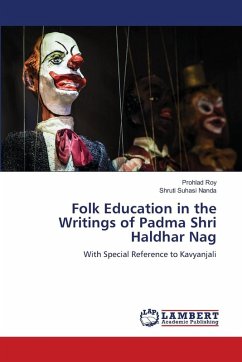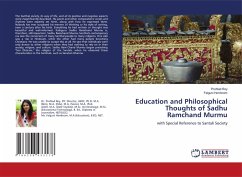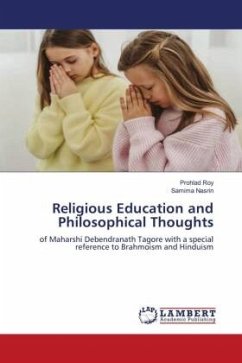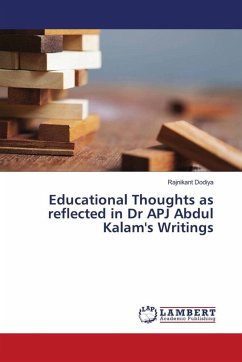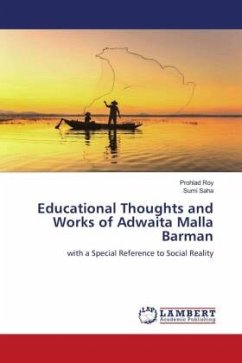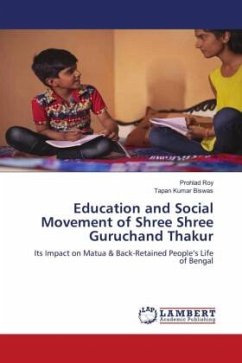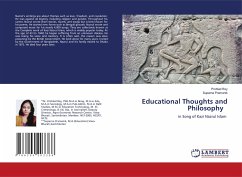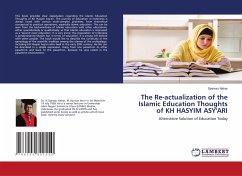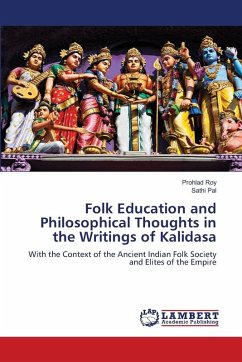
Folk Education and Philosophical Thoughts in the Writings of Kalidasa
With the Context of the Ancient Indian Folk Society and Elites of the Empire
Versandkostenfrei!
Versandfertig in 6-10 Tagen
53,99 €
inkl. MwSt.

PAYBACK Punkte
27 °P sammeln!
Kalidasa's legacy extends beyond Indian literature, with his works influencing art, literature, and culture in various parts of the world. His writings have been translated into numerous languages, and his plays continue to be performed and adapted in multiple forms. Kalidasa's contribution to Indian literature and culture is undeniable. Kalidasa was a prominent poet and playwright in classical Sanskrit. He is considered to be one of the greatest poets of Sanskrit literature. His poems and plays are influenced by Hindu mythology and philosophy. Kalidasa was an ancient Indian poet. Although the...
Kalidasa's legacy extends beyond Indian literature, with his works influencing art, literature, and culture in various parts of the world. His writings have been translated into numerous languages, and his plays continue to be performed and adapted in multiple forms. Kalidasa's contribution to Indian literature and culture is undeniable. Kalidasa was a prominent poet and playwright in classical Sanskrit. He is considered to be one of the greatest poets of Sanskrit literature. His poems and plays are influenced by Hindu mythology and philosophy. Kalidasa was an ancient Indian poet. Although there is no reliable information about his life story, he was initially foolish, humiliated by his learned wife Vidyottama, and blessed by the goddess Saraswati. There are two opinions about his period. According to the first, he lived in the first century BCE. Agnimitra, the hero of his play, was a Sunga king who ruled from 185 to 48 BCE. According to the other opinion, his period was between the fourth and sixth centuries CE. He is most famous as the court poet of Chandragupta II, also known as Vikramaditya. Kalidasa is praised in the Harshacharita written by Banabhatta in the seventh century.



